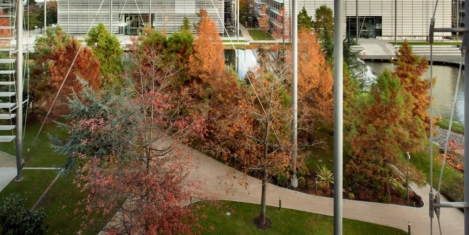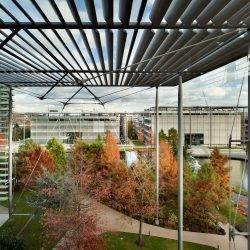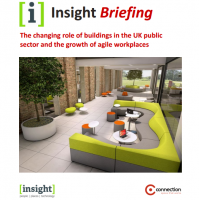November 28, 2017
Workers would be prepared to take a pay cut for an agile working life
A new survey claims that the ability to accommodate agile working into their life is important, with those who prefer to work agile claiming they would sacrifice an average of 16 percent of their annual salary for the opportunity.In addition to this, 86 percent stated they would even change jobs to accommodate their preference. The report into recruiting for an agile workforce suggests that despite being a relatively new concept, over half surveyed were familiar with it and over 22 percent of those had worked in an agile environment for over two years. However, recruiters claim less than half of the roles they’re working on offer agile, finding it’s most prevalent in the IT sector. The study reveals both recruiters and candidates believe the key attributes for success in agile are being flexible, organised and hardworking. Interestingly, the majority of recruiters believe these are required in advance and cannot be developed on the job. Meanwhile, social qualities (like being introverted or outgoing) or being easy going are less important.







 New guidance to help facilities managers manage the transition to agile working within their organisation has just been published by the British Institute of Facilities Management (BIFM). The Agile Working Change Management Guidance Note is aimed at FMs working at a senior and/or operational level and covers the benefits of agile working and how to successfully plan and implement an integrated approach to deliver sustainable change in working behaviour. Agile working describes a range of work settings that allow people and organisations to make new choices about when, where and how they work. It is underpinned by mobile technology and applies to people working both in and away from the traditional office, such as at home, on the road or remotely in other locations. BIFM’s research and information manager Peter Brogan said: “As an Institute, we recognise the importance of the workplace agenda for FMs and this newly commissioned Guidance Note aims to address the current lack of knowledge around some of the emerging workplace practices.”
New guidance to help facilities managers manage the transition to agile working within their organisation has just been published by the British Institute of Facilities Management (BIFM). The Agile Working Change Management Guidance Note is aimed at FMs working at a senior and/or operational level and covers the benefits of agile working and how to successfully plan and implement an integrated approach to deliver sustainable change in working behaviour. Agile working describes a range of work settings that allow people and organisations to make new choices about when, where and how they work. It is underpinned by mobile technology and applies to people working both in and away from the traditional office, such as at home, on the road or remotely in other locations. BIFM’s research and information manager Peter Brogan said: “As an Institute, we recognise the importance of the workplace agenda for FMs and this newly commissioned Guidance Note aims to address the current lack of knowledge around some of the emerging workplace practices.”




















